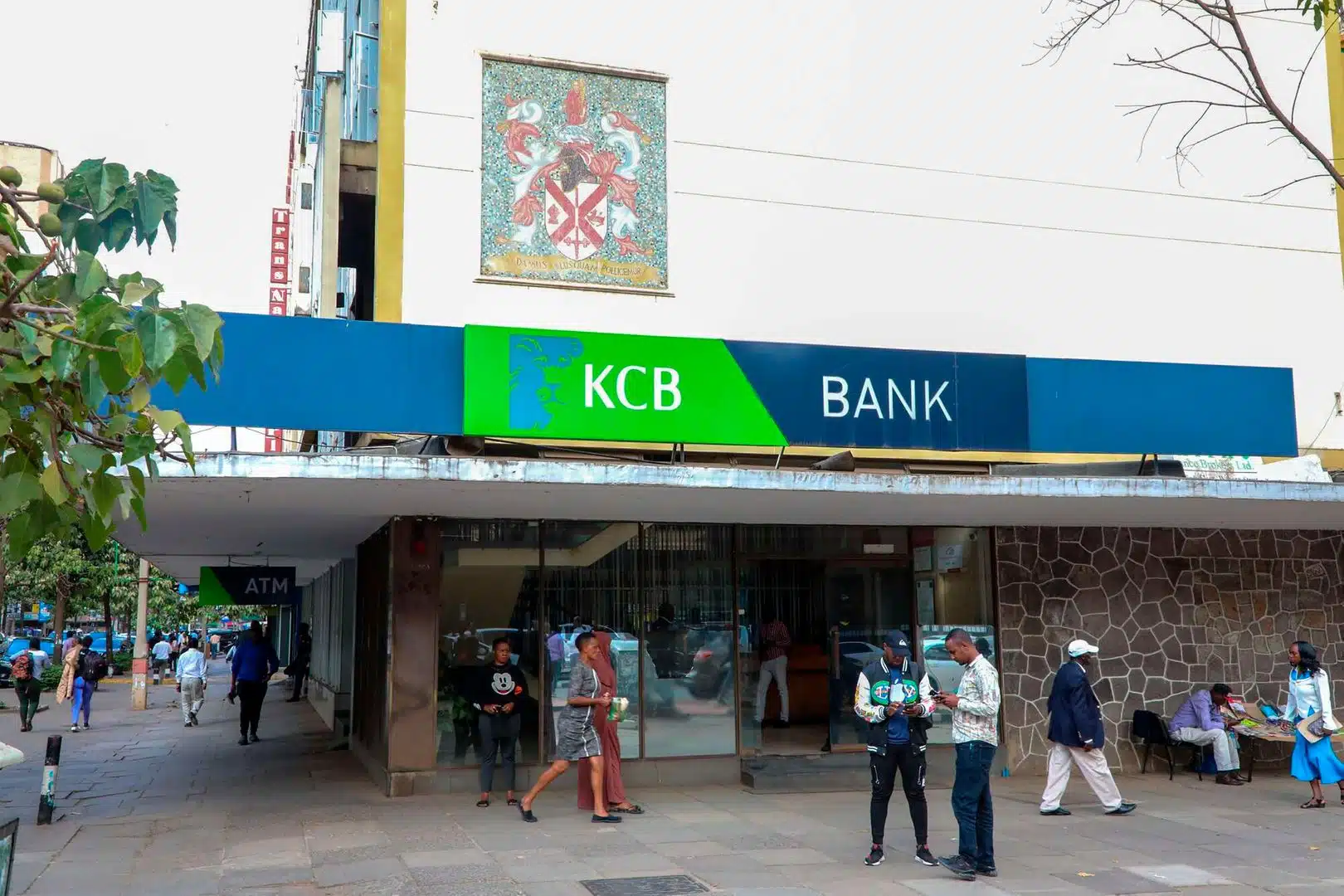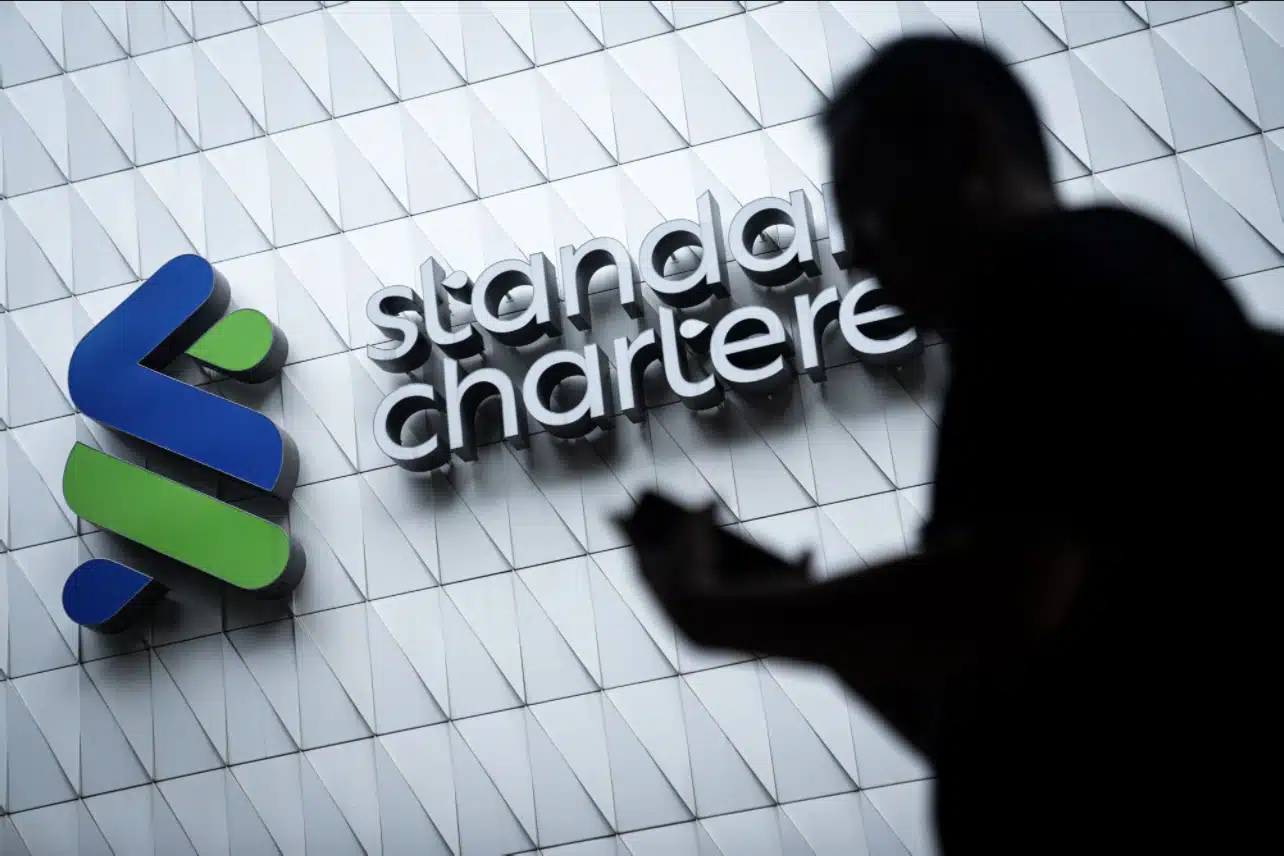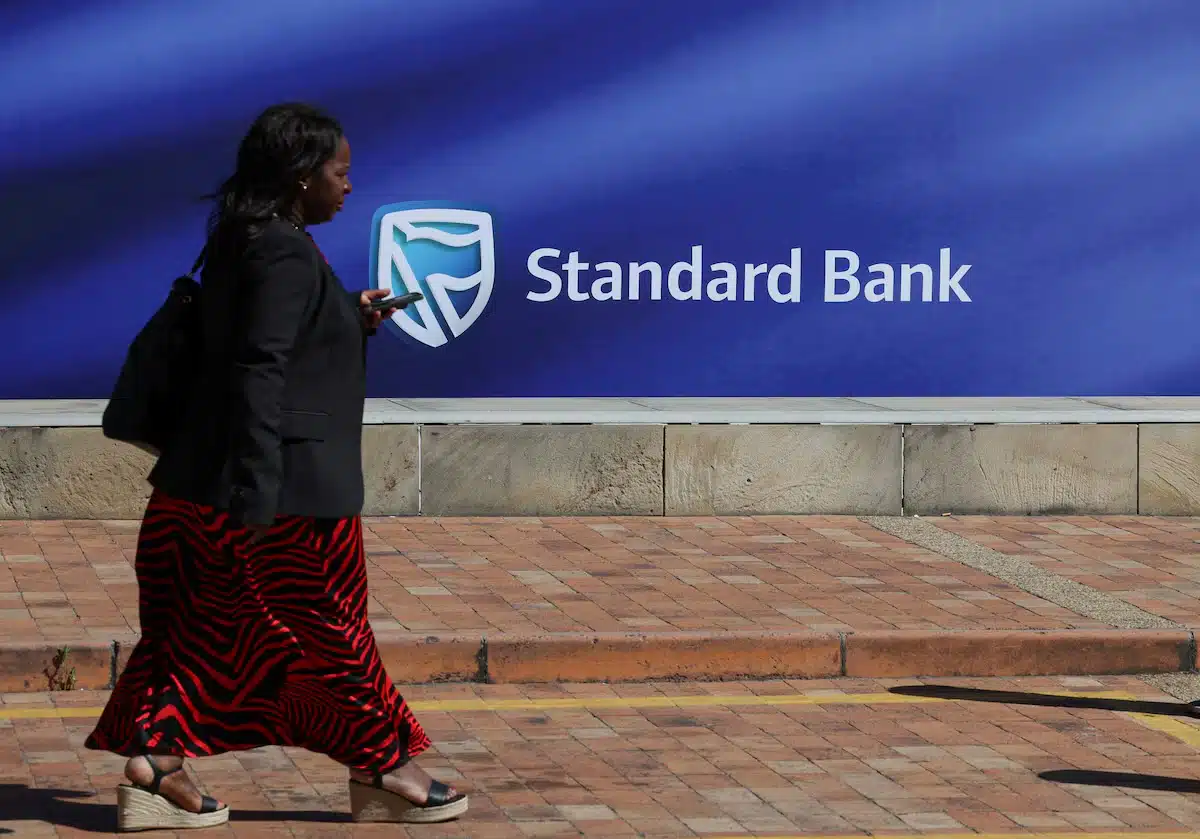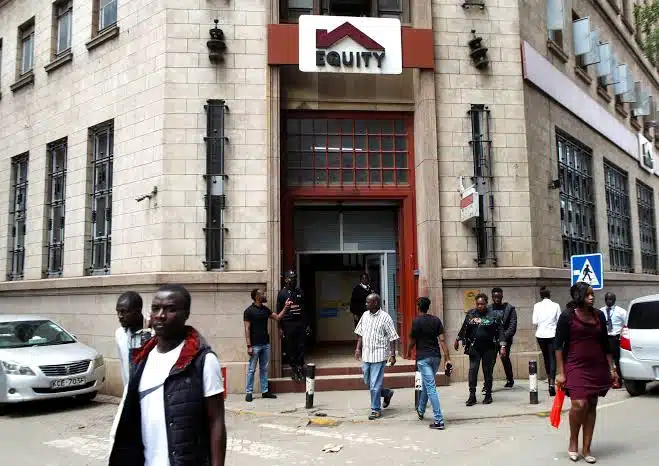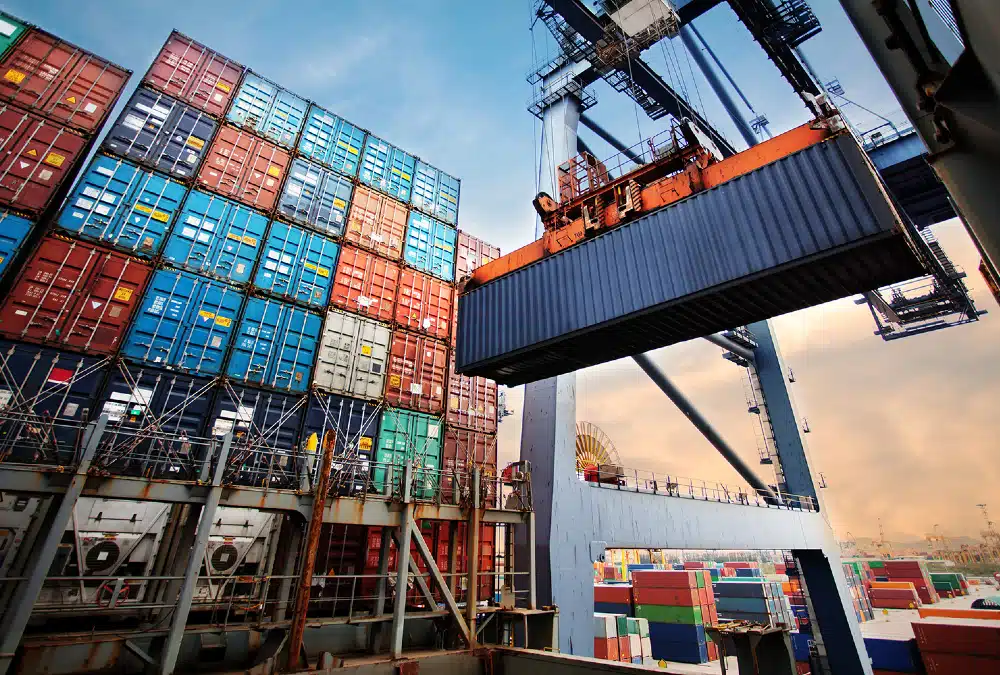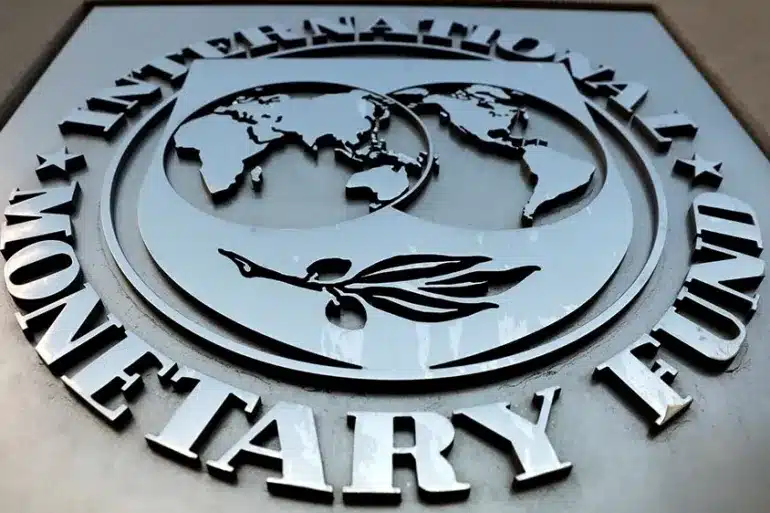KCB Group, Kenya’s second-largest lender by market capitalisation, is considering entry into Ethiopia through the acquisition of a local bank, a move that would extend its footprint into one of Africa’s most closely watched financial markets.
During an interview with The African Report on Monday, Paul Russo, CEO of the Nairobi-listed lender, said the bank is weighing an application for exemption from Ethiopia’s foreign ownership rules, which cap overseas stakes at 49%. “Whenever a market like that opens, getting an exemption is not difficult.”
He added that KCB is still seeking a willing partner before approaching the National Bank of Ethiopia. “We have to work it out, and, if it is going for an exemption, there must be a party ready to walk with us,” Russo said, noting that diplomatic backing from Nairobi could be sought if required.
With more than 120 million people, Ethiopia is Africa’s second-most populous nation and represents a sizeable untapped market for retail and corporate banking.
The government has long protected the sector from foreign competition, but reforms introduced in December last year opened the door for international players to set up subsidiaries, branches, or minority stakes in local banks.
Under the new rules, foreign ownership is capped at 49%, while Ethiopian nationals must retain majority control to safeguard domestic interests. In June 2025, the National Bank of Ethiopia announced that foreign investors could apply for banking licences, formally opening the sector to international players.
Analysts say the policy shift is aimed at improving competition, spurring efficiency, and attracting much-needed capital into the industry.
Technology is also reshaping the landscape. The rollout of Safaricom’s M-Pesa in Ethiopia has pushed local lenders to expand mobile banking, agency services, and partnerships in order to capture a fast-growing digital finance market.
For KCB, the potential move underscores its ambitions to cement regional leadership. Its subsidiaries outside Kenya accounted for 36.6% of group profit after tax and 34% of total assets in the nine months to September 2024, up sharply from less than 5% a decade ago.
The group’s Tanzanian unit posted revenue of about $48.6 million and profit of $20 million in 2024, making it one of the strongest contributors outside the home market.
KCB is also heavily invested in digital transformation. In March this year, the bank announced a $15.5 million deal to acquire a 75% stake in Riverbank Solutions, a fintech supporting agency banking across East Africa.
If its expansion plans materialise, KCB would be entering Ethiopia from a position of strength. The lender’s net profit rose 8% in the first half of 2025 to $250 million (KSh32.3 billion), with all business lines posting higher earnings.
NB: The exchange rate of KES129.2/$1 as of August 19, 2025 was used for conversions in the story.

